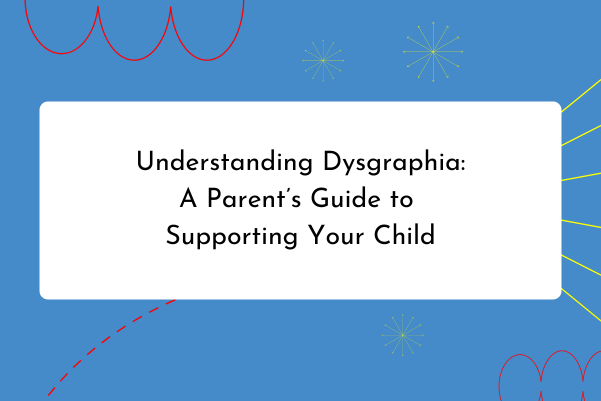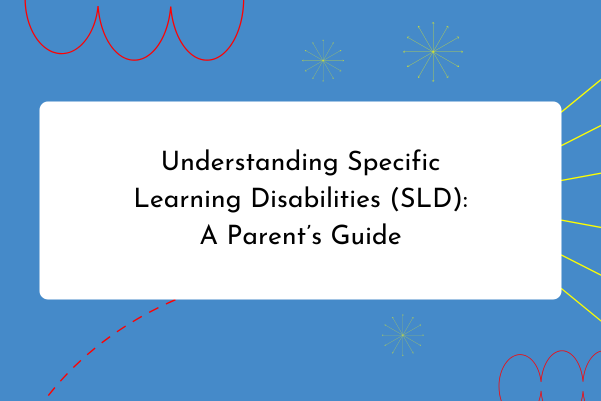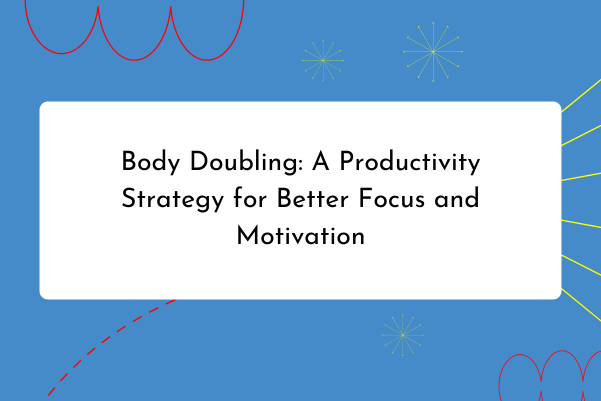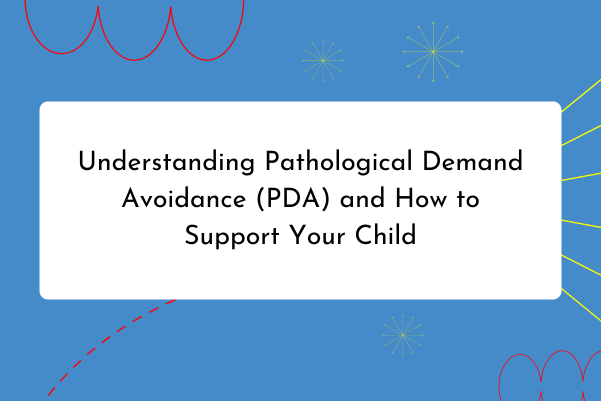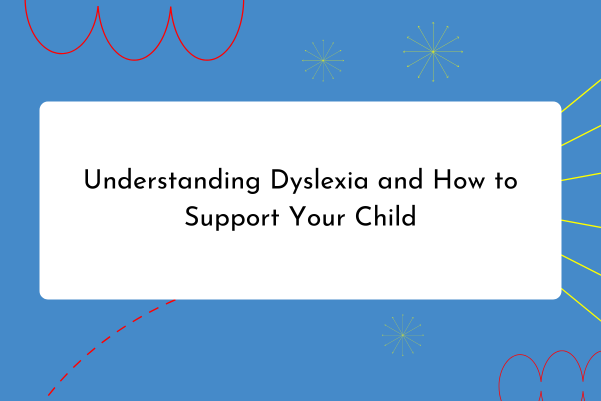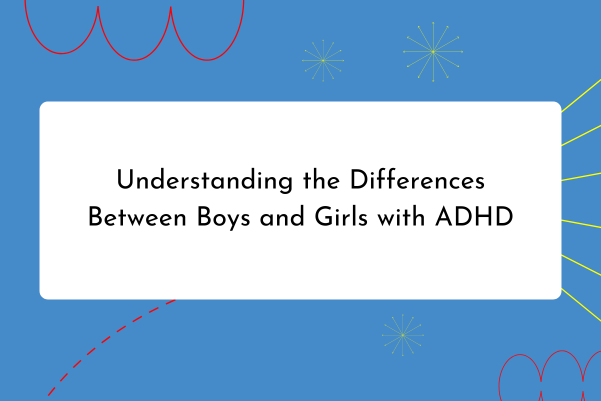Understanding Auditory Processing Disorder: What It Is and How to Support Your Child
Auditory Processing Disorder (APD) is a condition that affects how the brain processes sounds. Children with APD may have difficulty understanding and interpreting what they hear, despite having normal hearing. This can impact their ability to follow instructions, engage in conversations, and perform well in school. While APD can present challenges, there are effective strategies to support your child and help them thrive.
What is Auditory Processing Disorder?
Auditory Processing Disorder is a neurological condition where the brain has trouble processing and interpreting sounds. It’s not related to hearing loss but rather how the brain handles auditory information. Children with APD might struggle with distinguishing between similar sounds, understanding speech in noisy environments, or remembering verbal instructions.
Common Signs of Auditory Processing Disorder
Recognizing APD can be challenging because its symptoms overlap with other conditions. However, some common signs include:
- Difficulty Following Instructions: Trouble understanding or remembering multi-step instructions.
- Problems with Reading and Spelling: Struggles with phonics, spelling, and reading comprehension.
- Difficulty Hearing in Noise: Trouble understanding speech in noisy or crowded environments.
- Frequent Requests for Repetition: Often asks people to repeat themselves or seems not to listen.
- Confusion with Sound Direction: Difficulty determining where sounds are coming from.
- Poor Attention and Focus: Difficulty staying focused during conversations or listening tasks.
How Parents Can Support Their Child with APD
- Create a Quiet Environment
Minimizing background noise can help your child focus better on what they’re hearing. Create a quiet study area free from distractions and background noise. Using noise-canceling headphones can also be helpful in noisy environments. - Use Clear and Simple Instructions
When giving instructions, be clear and concise. Break instructions into smaller, manageable steps and ensure your child understands each step before moving on. Visual aids, like charts or diagrams, can also support verbal instructions. - Encourage Active Listening
Encourage your child to practice active listening skills. This can include repeating back what they’ve heard, asking questions for clarification, or summarizing information in their own words. These practices can help improve their listening comprehension. - Seek Professional Assessment and Support
A speech-language pathologist or audiologist can provide a formal assessment and recommend specific interventions. They can work with your child to develop strategies for improving auditory processing and offer tailored therapy to address their unique needs. - Implement Classroom Accommodations
Work with your child’s teachers to implement accommodations that support their learning. This might include seating them closer to the teacher, using visual aids to supplement verbal instructions, or providing written instructions along with oral ones. - Practice Phonemic Awareness
Engaging in activities that focus on phonemic awareness can help improve your child’s ability to process and understand sounds. Activities like rhyming games, sound sorting, and auditory discrimination exercises can be beneficial. - Use Visual and Contextual Cues
Supplement verbal communication with visual and contextual cues. For example, using gestures, facial expressions, or written notes can help reinforce what is being said and provide additional context. - Encourage Reading and Language Development
Reading together and discussing stories can help improve language skills and auditory processing. Encourage your child to read aloud and discuss what they’ve read to reinforce their understanding and listening skills. - Promote a Positive and Patient Attitude
Children with APD may become frustrated by their difficulties. Maintain a positive and patient attitude, and offer encouragement and support. Celebrate their efforts and progress, and remind them that challenges can be overcome with practice and perseverance.
Final Thoughts
Auditory Processing Disorder can present unique challenges, but with understanding and the right support, children can develop effective strategies to manage their symptoms. By creating a supportive environment, using clear instructions, and seeking professional help, you can help your child navigate their daily life with greater ease and confidence. Remember, every child is unique, and finding the best strategies for your child may take time. Stay patient and supportive, and celebrate their achievements as they grow and learn.

